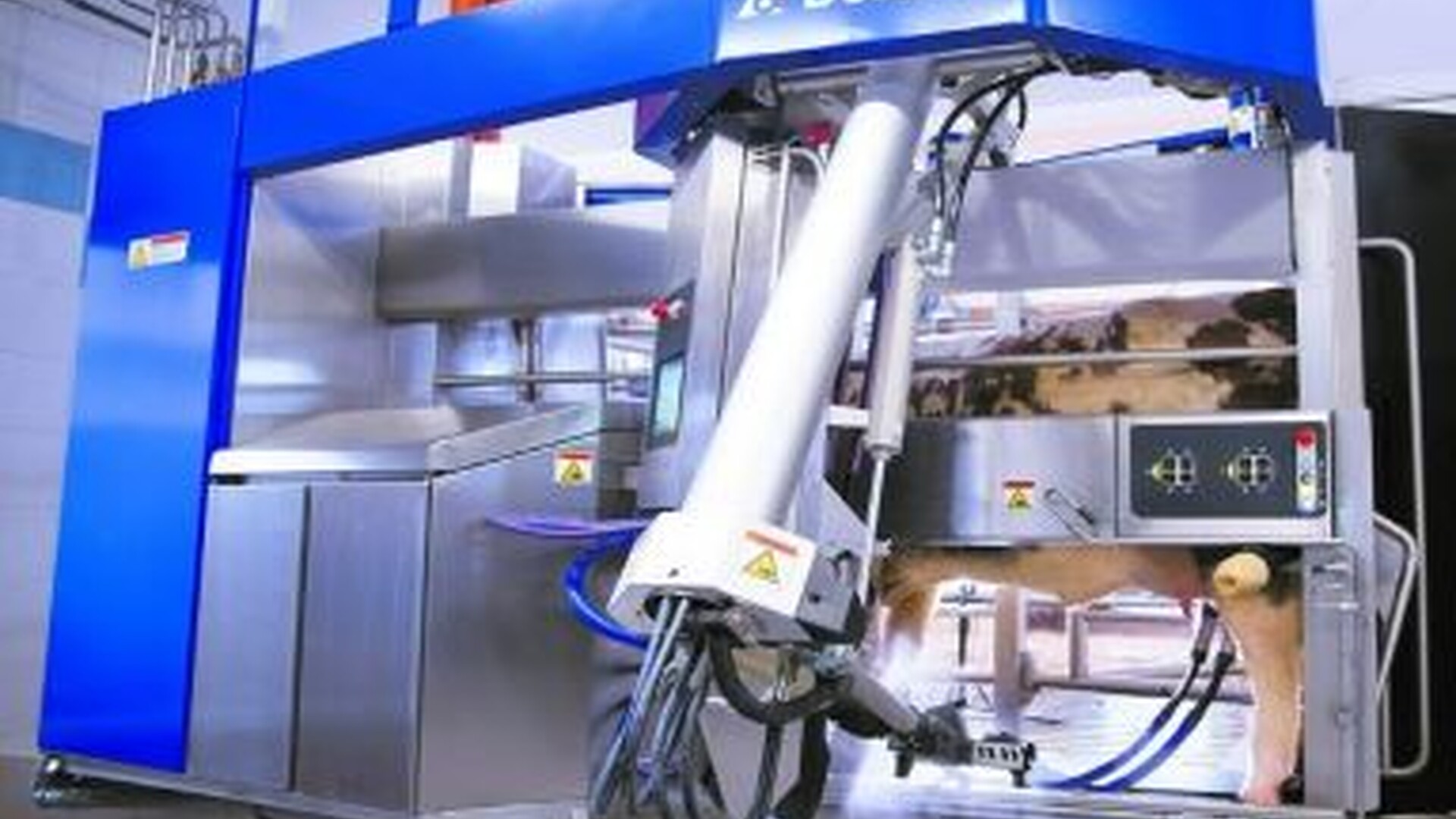- Fri. Apr 19th, 2024
Latest Post
Washington County reverses decision, grants business permit for residential treatment facility near Beaver Lake
Washington County officials recently made the decision to deny a conditional use permit for the Eaglecrest Recovery facility located near Beaver Lake. However, this decision was reversed after county officials…
Former Stanford president receives prestigious National Science Board award
John Hennessy, the former president of Stanford from 2000 to 2016, has been selected as the recipient of the National Science Board’s (NSB) 2024 Vannevar Bush Award. The award, named…
Part 2: Precision Milking Technology is Now Online
Today marks the second part of the series on DeLaval’s new robotic VMS Solutions Technology, also known as batch milking. The VMS Solutions Manager, Jason French, describes batch milking as…
Washington County Grants Business Permit for Residential Treatment Facility Near Beaver Lake
In 2023, a treatment facility proposal was rejected by Washington County officials. The decision was reversed after being told the county was unlikely to prevail if the case was moved…
One Year Later: Revisiting the Health Department’s Investigation of Dave’s Sushi
Nearly a year after the Gallatin City-County Health Department (GCCHHD) ordered the closure of Dave’s Sushi in Bozeman due to toxins suspected to come from morel mushrooms that affected 50…
Leaders’ Perspectives on Achieving Universal Health Coverage
Join us for a fireside chat on Universal Health Coverage (UHC), where we explore the real-world challenges and successes that leaders face in making healthcare accessible and affordable worldwide. This…
Three Entrepreneurs Who Impressed Galperin at the Llao Llao Forum
The Llao Llao Forum brings together high-impact businessmen and entrepreneurs in Bariloche, a picturesque landscape, and dedicates a lot of time, money, and energy to its program, focusing this year…
Media report claims Israeli missiles struck a site in Iran | Global News
According to ABC News, Israeli missiles struck a site in Iran following a drone strike by Iran on Israel in response to an attack at the Iranian embassy in Syria.…
Apple eliminates WhatsApp and Threads from Chinese App Store
Apple has recently removed WhatsApp and Threads from its Chinese app store following a government order. This decision was made after the top internet regulator in China asked Apple to…
10 Points: US Was Aware of Israel’s Alleged Attack on Iran, According to Reports | Global News
Israel reportedly launched an attack on Iran shortly after Tehran fired 300 projectiles towards the country. The Fars news agency in Tehran reported three explosions near an army base in…



